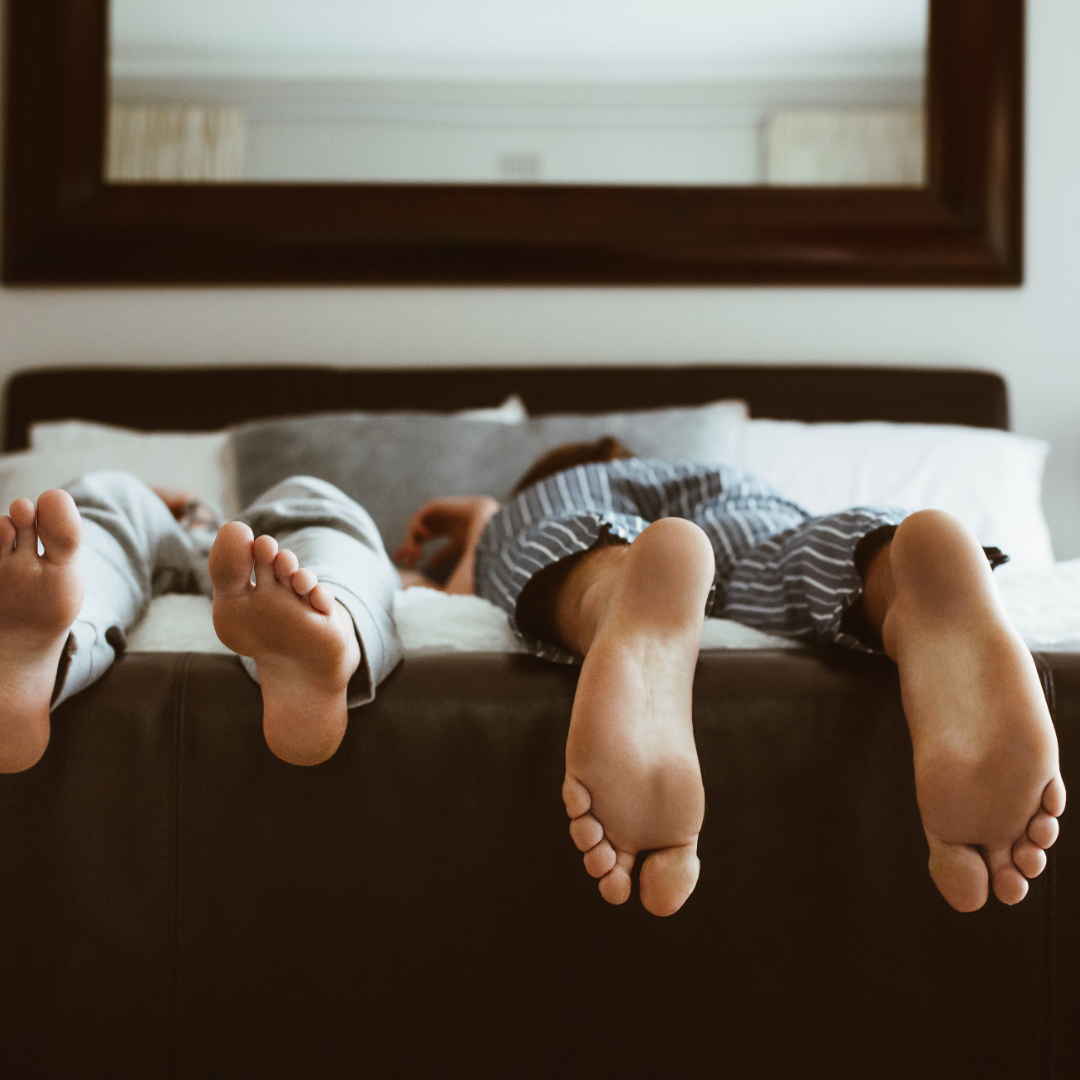Sleep is one of the key pillars of good self care and is essential for helping your mind and body recharge but with 1 in 3 of us suffering from poor sleep what is the impact to our health and wellbeing and how can you get a better nights sleep naturally?

Why getting a good night's sleep is important
We've all suffered low mood, irritability and lethargy after a poor nights sleep, a late night or during stressful periods. These effects are obvious but if we dig deeper there are some less obvious health impacts if we regularly suffer with poor sleep and insomnia.
Sleep & your weight
According to Healthline, those who sleep less are more likely to struggle with weight management with short sleeps being one of the key contributors to obesity as you're less likely to feel motivated to exercise when tired or sleep deprived. Sleep deprivation can also affect hormone balance which in turn affects how you control your appetite.
When it comes to keeping fit, the more sleep the better it seems with improved grip strength, walking speed and reaction times being linked to athletes who get more shut-eye.
Sleep & your mental wellbeing
Lack of sleep can have an impact on brain function which can lead to mental health issues according to The Mental Health Foundation. You may experience a lack of concentration, productivity, memory issues and trouble reading people's emotions as a result of lack of sleep. But it's not just about the quantity of sleep we're getting when it comes to mental health but the quality. Interrupted sleep, insomnia and sleep apnea have been linked to depression with 90% of people suffering with depression complaining about the quality of their sleep.
Sleep & your general health
Studies have shown that people getting less than 7-8 hours of sleep a night can lead to an increased risk of heart problems, stroke and general inflammation and for those of us sleeping less than 6 hours per night are at higher risk of developing type 2 diabetes. These longer term health issues aside, getting at least 8 hours of sleep per night can help maintain your immunity and lower your risk of infection.
These guidelines are linked to specific health concerns but for more general guidelines on how many hours you need for your age group, check out the advice from the National Sleep Foundation.
How to get a better nights sleep
Sleep can be a stressful subject, leading to feelings of anxiety which don't help when it comes to getting quality sleep. There are a few things you can do which may help:
- Get into a routine: this is the most important aspect of getting good quality sleep according to the NHS. Trying to sleep and wake at the same time each day helps to keep your body clock regular. A comforting self care routine can help too like having a bath, sipping on some herbal tea or journalling to calm an anxious mind.
- Remove distractions & avoid stimulants: Electronics can be hugely distracting when it comes to our sleep. Try to avoid having electronics like phones and TVs in the bedroom or limit blue light when you can. The same goes for stimulants like caffeine, alcohol and even scrolling through our phones, or feeling stressed from the evening news so try to avoid a few hours before bed.
- Try some natural remedies: Using a sleep aid like a pillow spray or sleep balm that uses naturally sedative ingredients like chamomile, lavender and sandalwood can help affect your mood and mindset to help you mentally prepare for sleep. If you have trouble with waking and getting back to sleep, a natural tincture with calming ingredients can help too.
- Keep a sleep diary: this can help you spot patterns in your sleep quality and quantity to try to make changes to your lifestyle and habits that may be affecting your sleep. It can highlight underlying health conditions too, like medication you're taking or when you feel stressed.
- Reduce stress where you can: by doing gentle exercise during the day, not lying in longer than necessary and spending time outdoors
Whatever your relationship with sleep, establishing a good sleep self care routine is ideal for your physical and mental wellbeing.

